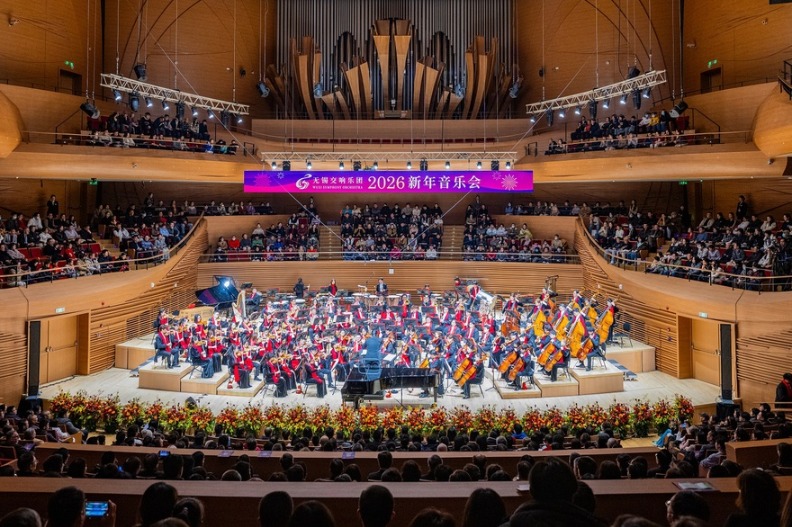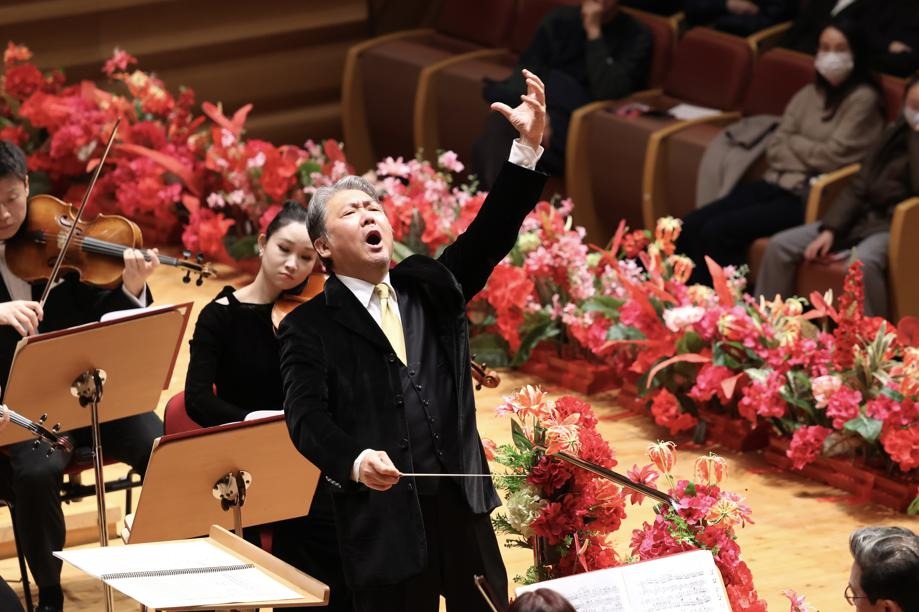China scores new achievements in judicial protection of human rights

BEIJING -- China has been making progress in judicial protection of human rights since the 18th National Congress of the Communist Party of China (CPC) in 2012, according to a signed article written by Qi Ju and carried by Xinhua.
The judiciary is the last line of defense to safeguard social fairness and justice. Since 2012, significant achievements have been made in promoting legislation based on rational analysis, strict law enforcement, judicial justice, and observance of the law by all citizens, it said.
The country has strengthened the mechanism of judicial protection of human rights, including efforts to allocate judicial powers and responsibilities in a more rational way, improving the judicial accountability system, promoting judicial transparency and advancing the reform of trial-centered litigation.
China ensures lawyers' right of practice so that lawyers play a bigger role in safeguarding the legitimate rights and interests of parties concerned.
The country has abolished the system of reeducation through labor and established a national judicial assistance system.
China continues to improve the judicial guarantee procedure of human rights. Reforms have been advanced to ensure that cases are filed and properly handled. Judicial organs have implemented principles of presumption of innocence and exclusion of unlawful evidence to protect the legitimate rights of suspects.
China strictly limits the death penalty and employs it with prudence.
Detainees' legitimate rights and interests are guaranteed by the improving conditions of prisons and detention houses and enhanced scrutiny of supervisory activities and the execution of punishment. The country has standardized commutation, parole, and execution of sentences outside prison and safeguards the detainees' personal dignity, safety, legal property, and legitimate rights including the rights to defense, to appeal, to complain, and to report violations of the law.
National amnesty has been implemented to highlight humanitarianism.
PROTECTING LAWYERS' RIGHT OF PRACTICE
China has made or revised laws and regulations to ensure lawyers' right of practice. In 2015, regulations were issued to make clear various measures to protect lawyers' right of practice, including the rights to know, to meet their clients and read case files.
In 2016, the General Office of the CPC Central Committee and the General Office of the State Council issued opinions on advancing reform in the lawyer system, aiming to safeguard lawyers' litigation rights, improving the mechanism for governments to purchase legal services and improving social security policies for lawyers.
By March 2017, all 31 provincial-level lawyer associations had established lawyers' rights protection centers. In April, a circular was jointly issued by the Supreme People's Court, Supreme People's Procuratorate, Ministry of Public Security, Ministry of State Security, and Ministry of Justice to further clarify different departments' duties in safeguarding lawyers' right to practice.
REDRESSING MISCARRIAGE OF JUSTICE
Judicial organs nationwide have implemented the principle of presumption of innocence to prevent and correct the miscarriage of justice.
In 2013, the Ministry of Public Security issued a circular on improving law enforcement to prevent miscarriage of justice, along with other documents to prevent cases of wrong verdicts and to strengthen comprehensive, complete and real-time scrutiny of law enforcement to prevent miscarriage of justice at the source.
The Ministry of Justice issued the Opinions on Maximizing the Functions of the Forensic Assessment System to Prevent Miscarriages of Justice to strengthen forensic assessment management and further regulate such activities.
The Supreme People's Procuratorate released a circular to prevent and correct miscarriage of justice by better performing procuratorial functions, including scrutinizing all activities concerning evidence, procedures and application of laws, improving the system of discovery, correction, and prevention of wrong verdicts, and holding those responsible accountable.
Moreover, the Supreme People's Court issued the Opinions on Establishing and Improving the Working Mechanisms for the Prevention of Miscarriages of Justice in Criminal Cases, stipulating that the defendants should be acquitted for lack of evidence, and no one should be prosecuted without criminal evidence.
A number of wrongful convictions have been overturned in accordance with the law.
EXCLUSION OF UNLAWFUL EVIDENCE
China has clarified rules to exclude unlawful evidence in its laws to protect the legitimate rights and interests of criminal suspects, according to the article.
The Criminal Procedure Law revised in 2012 makes it clear that confessions extorted through illegal means, such as torture, and witness testimony and depositions of victims obtained illegally, such as by violence or threats, should be excluded during the trials.
In June 2017, the Supreme People's Court, the Supreme People's Procuratorate, the Ministry of Public Security, the Ministry of State Security, and the Ministry of Justice jointly released a regulation on the exclusion of illegally obtained evidence in criminal cases, clarifying identification criteria and procedures to exclude unlawful evidence.
For example, the regulation makes it clear that forced self-incrimination is prohibited.
According to the regulation, confessions, witness testimony and depositions of victims obtained by force will no longer be accepted as evidence.
Defenders of criminal suspects are allowed to apply for illegal evidence to be ruled out during the investigation, empowering lawyers with a more effective role in procedural defense.
China has made well-acknowledged achievements in advancing the rule of law, guaranteeing the rights of legal practitioners and judicial protection of human rights since the 18th CPC National Congress in late 2012.
- A taste of Hainan: From dawn to midnight
- From sunrise to starlight: A day in Hainan
- National railways carry 4.255b passenger trips in 2025
- Chinese capital declares major victory against air pollution
- Compatriots across Taiwan Strait urged to jointly promote national reunification
- Rocket launches boost aerospace-themed tourism in Wenchang




































